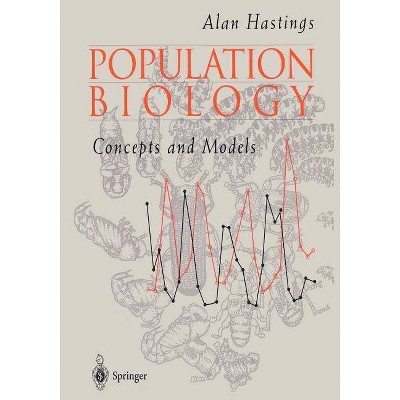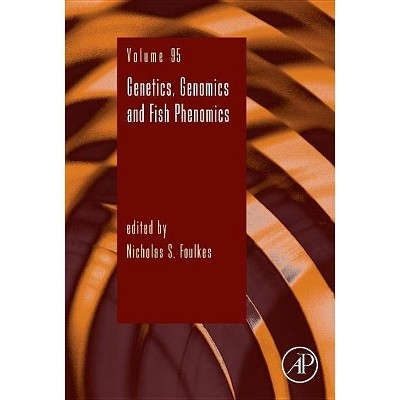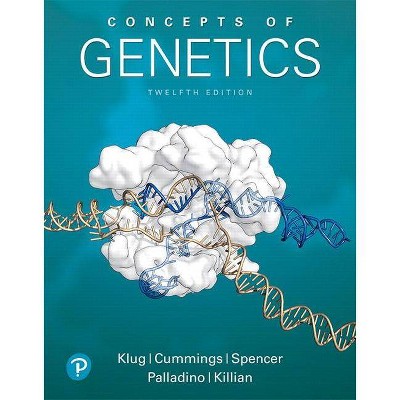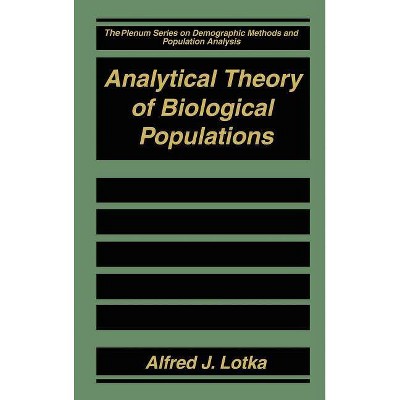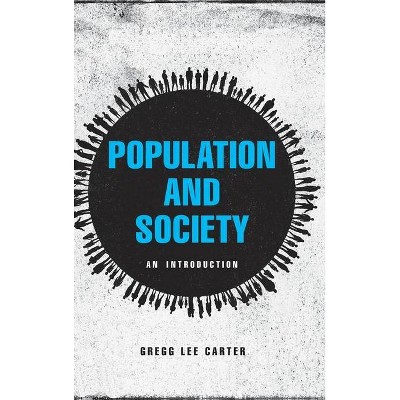Population Genetics and Microevolutionary Theory - 2nd Edition by Alan R Templeton (Hardcover)

Similar Products
Products of same category from the store
AllProduct info
<p/><br></br><p><b> About the Book </b></p></br></br>"Population genetics is concerned with the origin, amount, and distribution of genetic variation present in populations of organisms, and the fate of this variation through space and time. This variation constitutes the fundamental basis of evolutionary change - in its most basic sense, evolution is the genetic transformation of reproducing populations over space and time. Population genetics is therefore at the very heart of evolutionary biology, and can be thought of as the science of the mechanisms responsible for microevolution, or evolution within species."--<p/><br></br><p><b> Book Synopsis </b></p></br></br><b>Population Genetics and Microevolutionary Theory</b> <p><b>Explore the fundamentals of the biological implications of population genetic theory</b><p>In the newly revised Second Edition of <i>Population Genetics and Microevolutionary Theory</i>, accomplished researcher and author Alan R. Templeton delivers a fulsome discussion of population genetics with coverage of exciting new developments in the field, including new discoveries in epigenetics and genome-wide studies. The book prepares students to successfully apply population genetics analytical tools by providing a solid foundation in microevolutionary theory.<p>The book emphasizes that population structure forms the underlying template upon which quantitative genetics and natural selection operate and is a must-read for future population and evolutionary geneticists and those who wish to work in genetic epidemiology or conservation biology.<p>You'll learn about a wide array of topics, including quantitative genetics, the interactions of natural selection with other evolutionary forces, and selection in heterogeneous environments and age-structured populations. Appendices that cover genetic survey techniques and probability and statistics conclude the book.<p>Readers will also benefit from the inclusion of: <ul><li>A thorough introduction to population genetics, including the scope of the subject, its premises, and the Hardy-Weinberg Model of Microevolution</li><li>An exploration of systems of mating, including a treatment of the use of runs of homozygosity to show pedigree inbreeding in distant ancestors</li><li>A practical discussion of genetic drift, including the use of effective sizes in conservation biology (with a discussion of African rhinos as an example)</li><li>A concise examination of coalescence, including a treatment of the infinite sites model</li></ul><p>Perfect for graduate students in genetics and evolutionary biology programs and advanced undergraduate biology majors, <i>Population Genetics and Microevolutionary Theory</i> will also earn a place in the libraries of students taking courses in conservation biology, human genetics, bioinformatics, and genomics.<p/><br></br><p><b> About the Author </b></p></br></br><p><b>Alan R. Templeton, PhD</b>, is Charles Rebstock Professor Emeritus of Biology and Statistical Genomics at Washington University in St. Louis. His research focus is on the application of molecular genetic techniques and statistical population genetics to a variety of basic and applied evolutionary problems. He is on the editorial boards of <i>Molecular Phylogenetics and Evolution and Evolutionary Bioinformatics Online</i>.</p>
Price History
Price Archive shows prices from various stores, lets you see history and find the cheapest. There is no actual sale on the website. For all support, inquiry and suggestion messagescommunication@pricearchive.us
